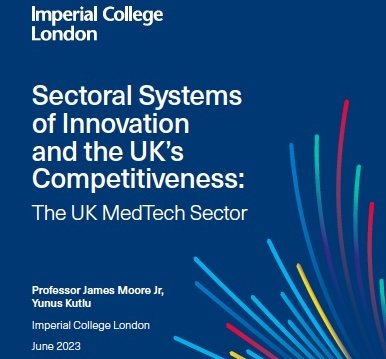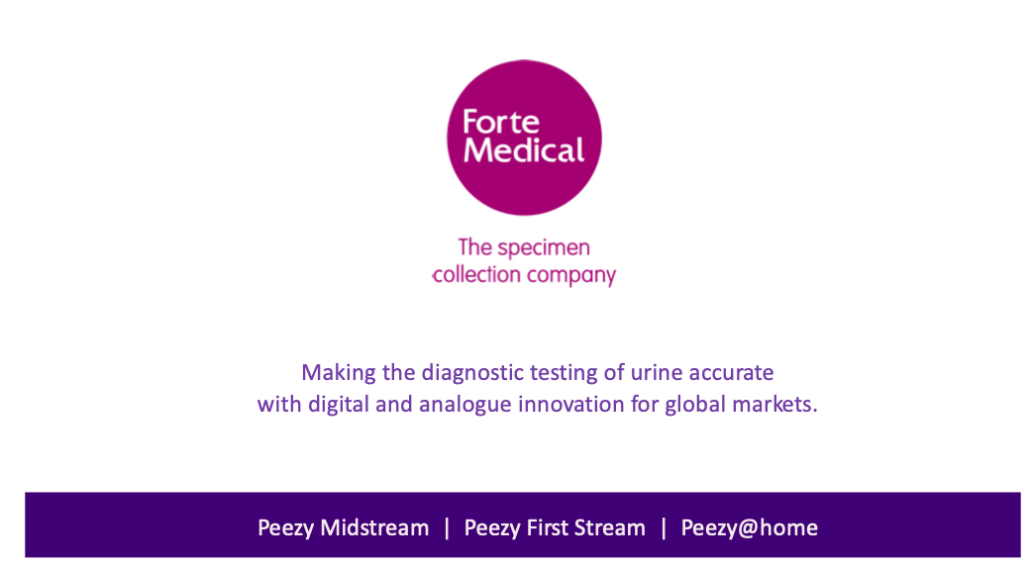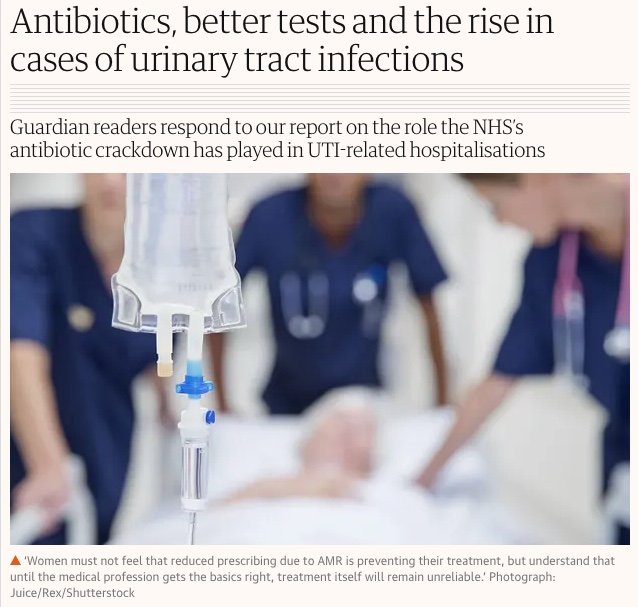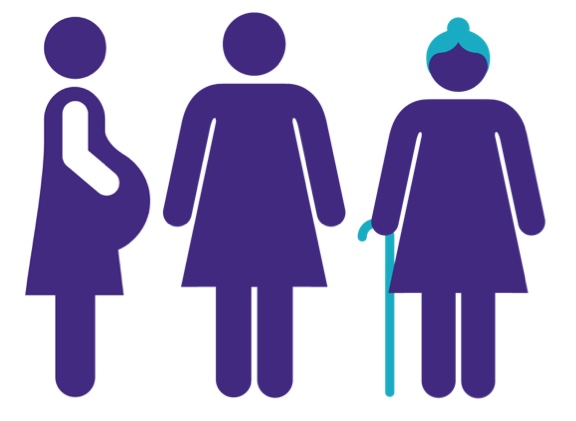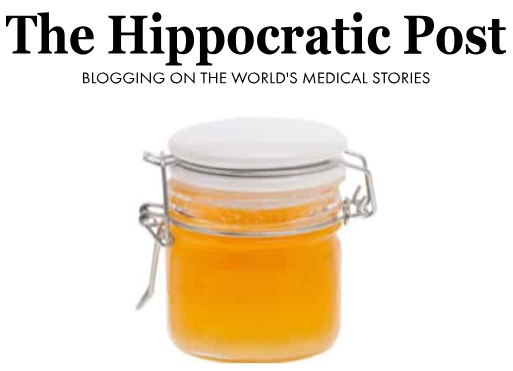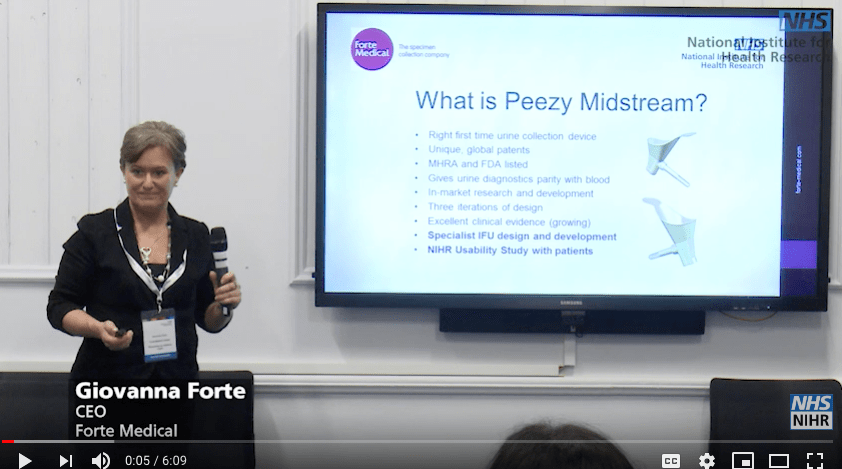Its time to reignite our NHS! Now our beloved health system has been blessed with new funding, we can furnish every hospital and GP practice with the latest digital technology and AI. We can burnish the reputations of our healthcare leaders because they have modernized patient care.
It seems it is so much easier to spend new money, than it is to fix a failing system. Yet while this exciting digital revolution takes place, the Department of Health and NHS continue to fail 15m patients every year, whilst flushing £1.2bn of public funds down the loo. This is more than a shame; it’s a scandal.
There is one basic diagnostic process which is not as sexy as glittering new tech. It doesn’t excite our healthcare commentators. It will not invest our clinical leadership with shiny accolades that add kudos to reputation. It will not be covered by the media because it’s a waste product that no one really likes to talk about. Yet this waste product carries as much, if not more diagnostic clues to our health as its counterpart, blood. We need to talk about urine.
“If you don’t make the effort to collect the urine specimen properly, all the clever stuff you do later is pretty pointless. It’s a case of rubbish in, rubbish out,” says a Senior Microbiologist at Barts’ Heath NHS Trust. “The need for change is likely to be politically driven, rather than scientifically.” The science is evident, the political will is not.
The lack of any protocol for urine collection is causing persistent, widespread and expensive diagnostic failure that starts in the GP surgery. For unreliable frontline diagnoses lead to critical conditions, hospital admissions, and expensive, complex treatment, not to mention the millions of patients who continue to suffer. This is not the fault of our hardworking and overstretched GPs and frontline nursing staff. It is our healthcare leaders who persistently overlook the need to make urine analysis and treatment right-first-time.
Take urinary tract infection (UTI), a condition largely suffered by women. The last relevant data to come out of the NHS Unplanned Admissions Committee cites untreated UTI as the cause of 184,000 unplanned hospital admissions that cost the NHS £434m to treat (2013/14). This is hardly surprising when we know that 20-30% of initial antibiotic prescribing for UTI fails (Chronic Urinary Tract Infection Campaign CUTIC).
The majority of these annual 15m diagnostic failures will relate to women, who with UTI, suffer the most pain, most time off work and loss of income, whilst being prescribed the highest rate of broad-spectrum antibiotics, putting us firmly in the front line of antibiotic immunity. The need for a robust protocol around urine analysis has become critical. Data from CUTIC tells us that:
- 1.4m women suffer from chronic bladder pain and urinary dysfunction
- 1 in 3 women will have a UTI by the age of 24
- 50% of dipstick tests don’t detect infection
- 70% of infections risk recurrence within a year
- 47% of Gram-negative blood infections have a urinary source and can lead to potentially fatal sepsis
NHS Improvement advises that 50% of the global rise in Antimicrobial Resistance (AMR) has a urinary cause; yet our health service still routinely relies on unreliable dipstick tests to indicate infection, leading to broad spectrum antibiotics remaining the first prescribing port of call; for the pregnant woman this is highly undesirable as it can extend life-long risk of antibiotic immunity to the unborn child.
Overuse of antibiotics is directly linked to the lack of a protocol for urine collection, transportation and analysis. National contamination rates are as high as 70% in some areas of the country, a postcode lottery situation that fails patients, microbiologists and the clinicians whose job it is to make people better. Non-invasive and cheap to collect, urine can help diagnose myriad conditions that cost the NHS billions of pounds. They include:
- Kidney stones, infection and disease
- Bladder cancer
- Diabetes mellitus
- Hypertension
- Liver disease
- Pre-eclampsia and other potentially serious pregnancy related conditions
Matt Hancock, Secretary of State for Health and Professor Tim Briggs, founding father of the Department of Health’s NHS Getting It Right First Time programme (GIRFT) both cite the need to eliminate variation in national diagnosis and treatment. We must challenge them to make the changes necessary to this most basic diagnostic process, to save lives, save money and create a solid foundation upon which the evolution of diagnostic medicine can flourish.
Right now, the best digital diagnostic technology in the world that relies on urine, won’t work. If the basics are right, the rest can follow. If they are not, then Mr Hancock and Professor Briggs … keep on flushing.

